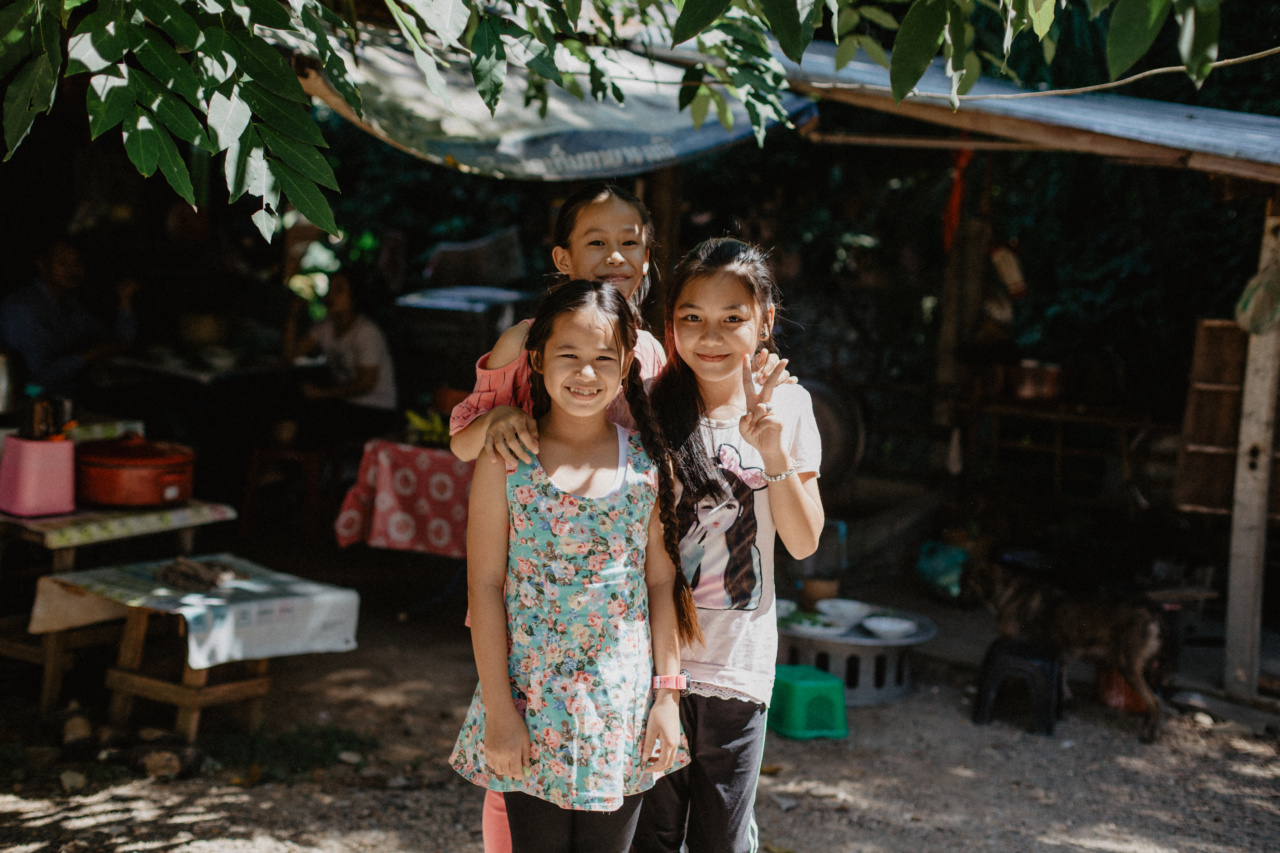Having a baby is a significant life decision that is influenced by various factors, including personal preferences, societal norms, and cultural beliefs.
However, one often overlooked aspect that can shape an individual or couple’s desire to have a baby is their local environment. The environment in which we live plays a crucial role in shaping our desires, priorities, and perceptions about parenthood.
Social Factors
One of the key ways in which the local environment shapes the desire to have a baby is through social factors. The community in which we reside often determines our exposure to social norms and expectations related to family planning.
In some cultures or communities, parenthood may be highly valued and encouraged, leading individuals to consider having children at an earlier age. On the other hand, if they are surrounded by a community that prioritizes career and personal achievements, individuals may delay or reconsider their plans for starting a family.
Economic Factors
Another important aspect of the local environment that influences the desire to have a baby is the economic situation. Economic stability and financial security are crucial determinants for many couples when deciding to start a family.
In areas with a high cost of living and limited job opportunities, individuals may delay having children until they feel more financially prepared. Conversely, in regions where there are ample economic opportunities and support systems such as affordable childcare or parental leave policies, individuals may feel more encouraged to have children earlier.
Access to Healthcare
The local availability and quality of healthcare facilities also impact an individual or couple’s desire to have a baby.
Access to comprehensive reproductive healthcare services, including preconception counseling, prenatal care, and infertility treatments, plays a vital role in family planning decisions. In areas where healthcare infrastructure is lacking, individuals may feel hesitant to pursue parenthood due to concerns about inadequate medical support.
Conversely, regions with well-established healthcare systems may provide individuals with a greater sense of security and confidence in their ability to start a family.
Environmental Concerns
The state of the local environment, including air quality, water pollution, and climate change concerns, can also shape the desire to have a baby.
Increasingly, individuals and couples are considering the impact of their decision to have children on the future of the planet. If they reside in areas heavily affected by pollution or vulnerable to climate-related risks, individuals may have concerns about the impact of raising a child in such an environment.
This can lead to a decrease in the desire to have children or a shift towards adopting more sustainable lifestyles before starting a family.
Educational Opportunities
The local environment’s educational opportunities can also influence the desire to have a baby.
In areas with well-funded schools, access to quality education, and a supportive educational community, individuals may feel more inclined to have children. They see the potential for their future child to benefit from excellent schooling and a stimulating learning environment.
Conversely, in regions with limited educational resources or concerns about the quality of education, individuals may be more hesitant to have children.
Family Support Systems
The presence or absence of family support systems in the local environment can significantly impact the desire to have a baby.
In cultures where extended family networks are strong and provide emotional and practical support to parents, individuals may be more willing to start a family. On the other hand, if individuals reside in areas where familial support is limited or non-existent, the absence of this safety net may lead to apprehensions or delays in family planning.
Cultural and Religious Perspectives
Cultural and religious perspectives prevalent in the local environment can also shape the desire to have a baby. Some cultures place a significant emphasis on procreation and view parenthood as a vital aspect of life fulfillment.
In these communities, individuals may feel societal pressure to have children and align with cultural and religious expectations. Conversely, cultures that prioritize individual freedom and personal choice may have a lower societal emphasis on parenthood, allowing individuals more autonomy in deciding whether or when to start a family.
Work-Life Balance
The local work-life balance and overall work culture play a role in shaping the desire to have a baby.
In areas where there is a healthy work-life balance and supportive policies such as family-friendly workplaces, flexible work hours, and generous parental leave, individuals may feel more encouraged to have children. On the contrary, regions where long working hours, high workplace stress, and limited work-life balance prevail can deter individuals from starting a family or delay their plans until they feel their career is more stable.
Community Values and Support
The values and support systems prevalent in the local community can influence an individual or couple’s desire to have a baby.
Strong community ties, social networks, and a sense of belonging can create an environment where individuals feel supported in their decision to become parents. Conversely, a lack of community support or social isolation may lead individuals to feel less motivated or hesitant about starting a family.
Conclusion
The local environment plays a significant role in shaping an individual or couple’s desire to have a baby.
Social factors, economic conditions, access to healthcare, environmental concerns, educational opportunities, family support systems, cultural and religious perspectives, work-life balance, and community values all interact to influence family planning decisions. Understanding these influences can help individuals and policymakers create supportive environments that reflect their desires and priorities when it comes to parenthood.






























